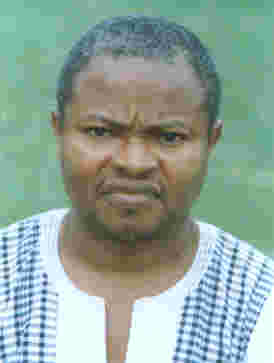| Olusegun Adekoya | Obafemi Awolowo University |
Olusegun Adekoya teaches African Literature at the
Department of English, Obafemi Awolowo University, Ile-Ife, Nigeria |
 |
Death and the King’s Horseman: Soyinka’s Defense of Yoruba Cosmology and Culture |
An examination of Wole Soyinka’s Death and the King’s Horseman, the essay argues that the play is a defense of the cosmology and the culture of the Yoruba. Theirs is a tripartite world of the dead, the living and the unborn, with a passage which Soyinka calls “the gulf of transition” connecting the three compartments. Such is the significance of ritual sacrifice in maintaining the balance of relations in the triune “animystic” world that Elesin’s refusal to die connotes the termination of communication between the physical and the spiritual, the violation of the principle of complementarity on which ethical-cum-cosmic order rests, and the ascendance of full-blown materialism which erodes the very foundation of the people’s culture. Olunde’s surrogate death is read as a futile salvage mission and exponents of indigenous African cultures who see in him the balm for Africa’s wound are rid of their delusions. Radical critics who interpret his suicide as a waste of scarce resources, who condemn the society represented in the play as feudalistic and anachronistic and perceive it as ripe for change, miss the import of Soyinka’s symbolic resolution of the play’s conflict. The theme of sacrifice is given a symbolic interpretation that transcends the literal definition of ritual suicide provided by socialist explicators of the text. The paper concludes with a prognostication that the future will be only a repeat of both the past and the present – essentially a perplexing paradox, a conclusion derived from Soyinka’s animistic portrayal of his god and Muse: Ogun. |